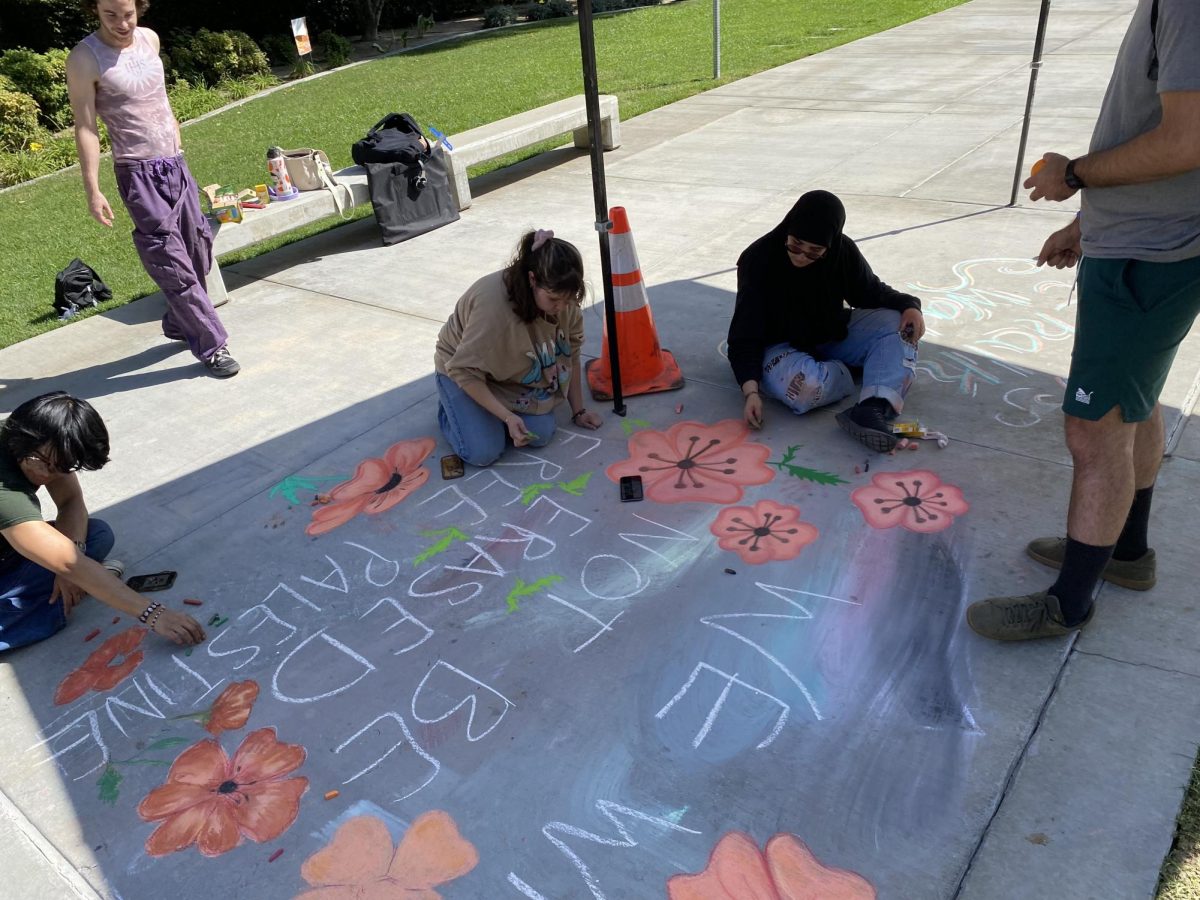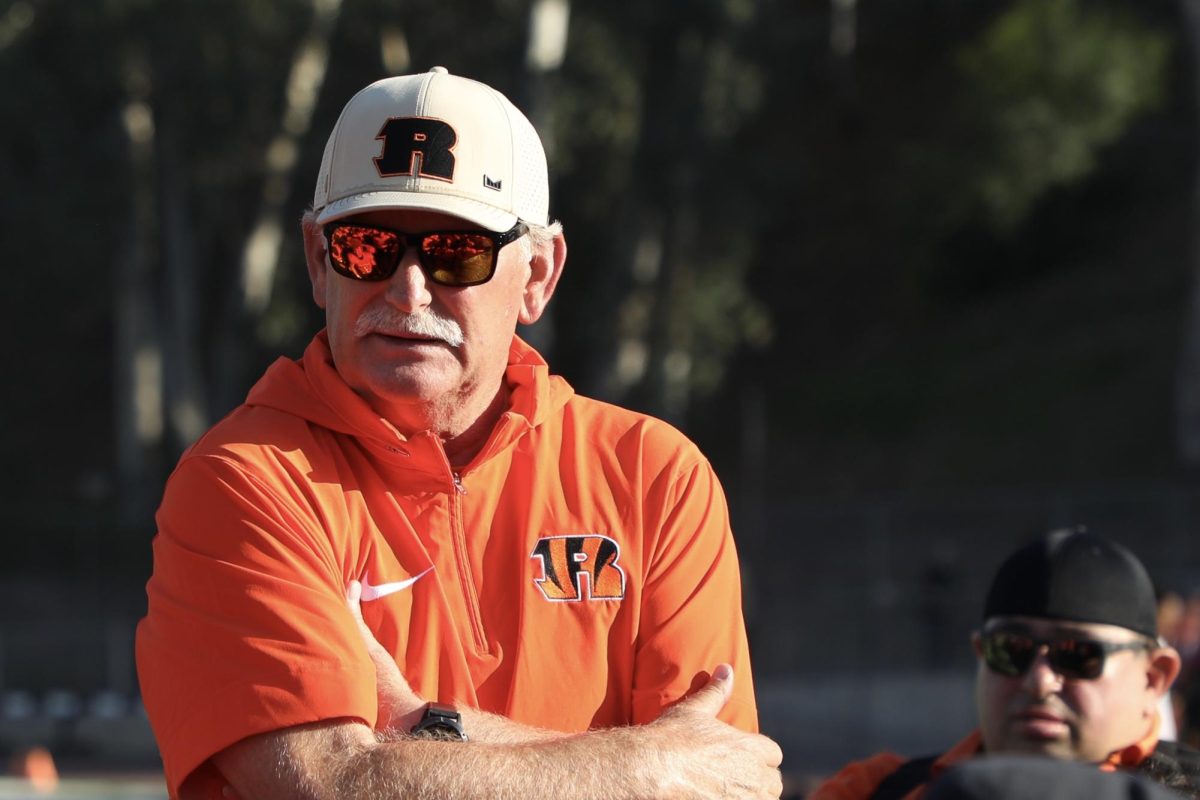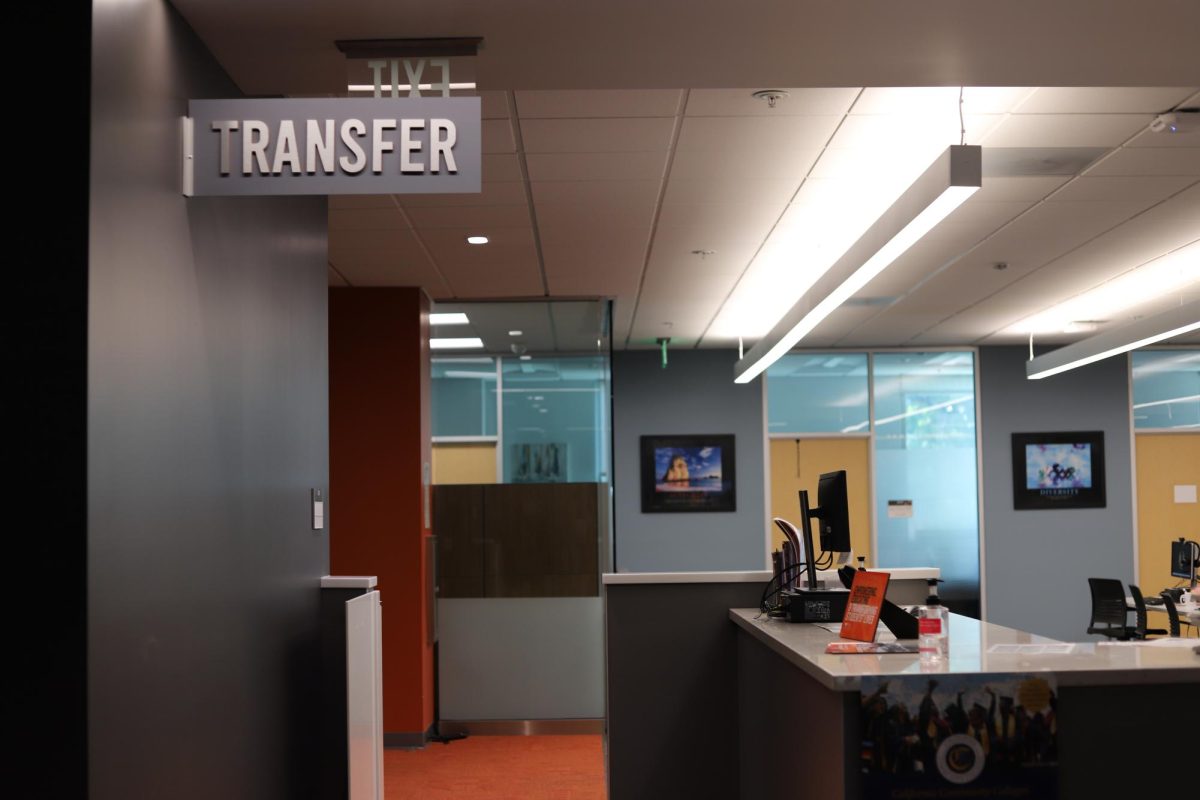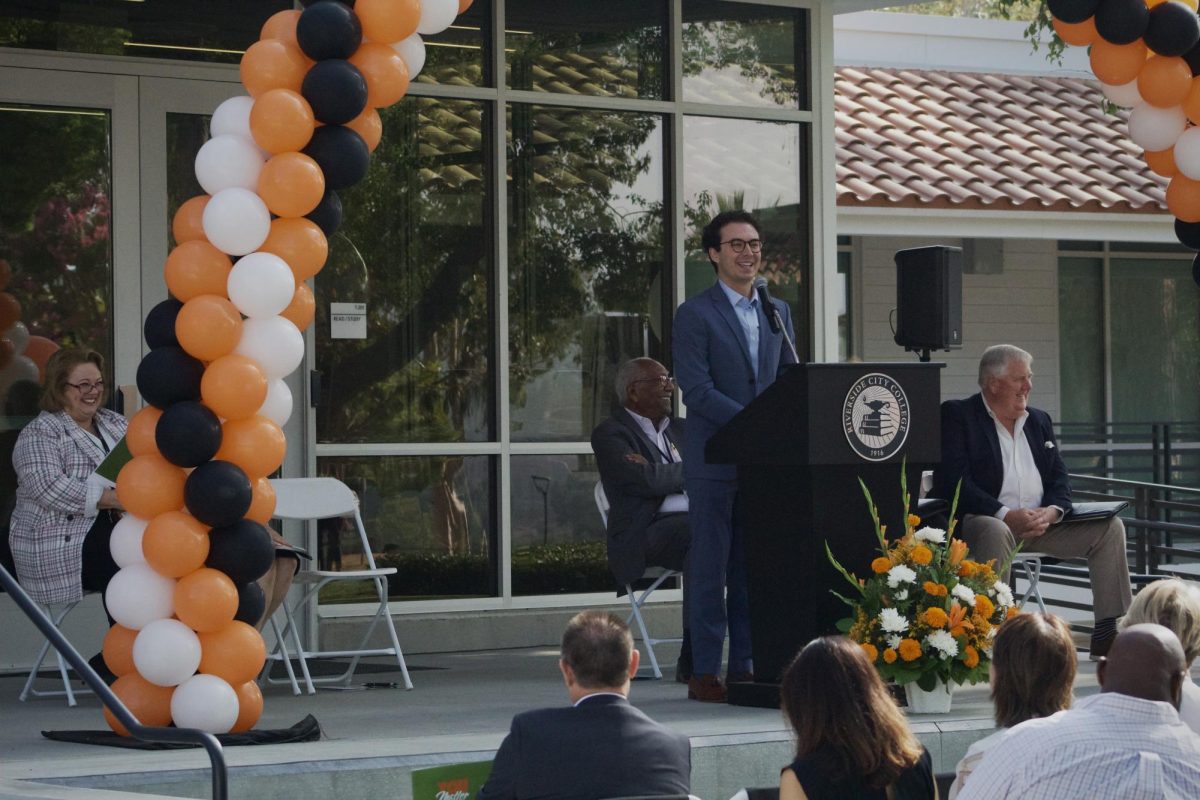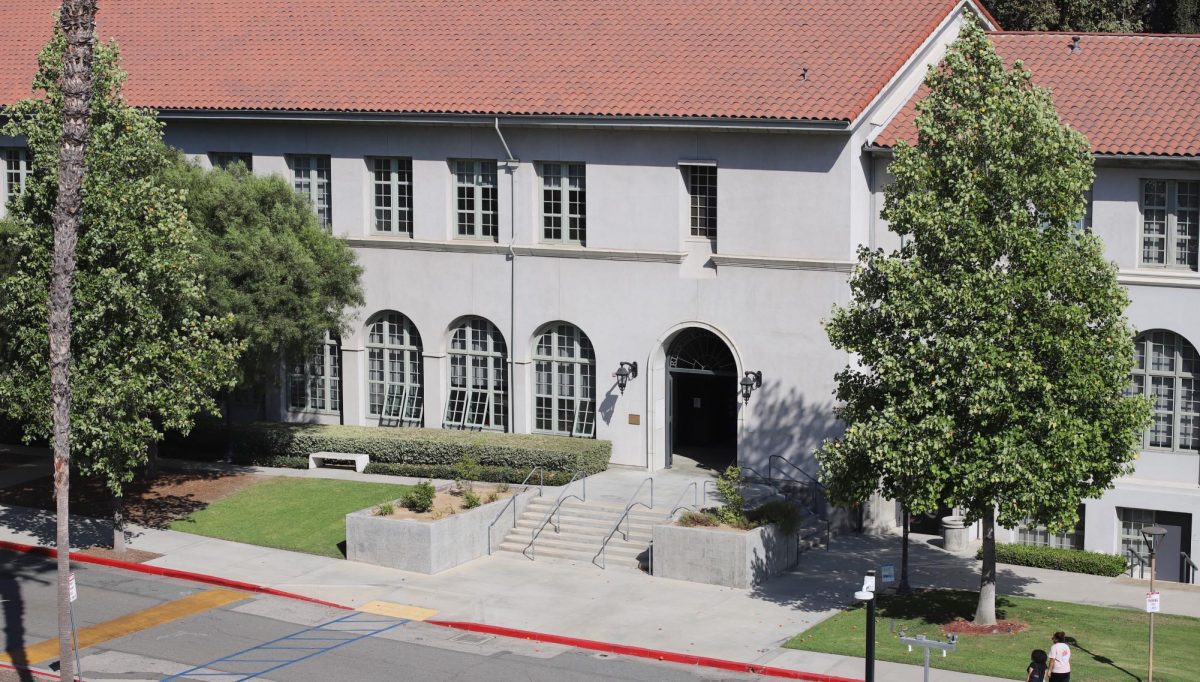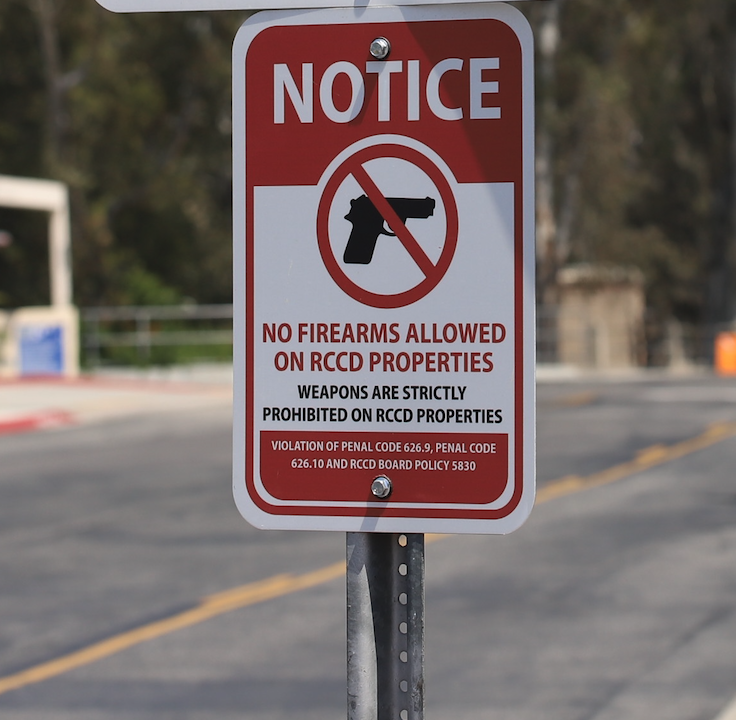By Leslie Santibanez-Molina

“Undocumented” is a film about journalist Jose Antonio Vargas’s journey as an undocumented American. The film was shown on March 29 in the Riverside City College’s Digital Library Auditorium.
The film was sponsored by the Center of Social Justices and Civil Liberties, the Immigration Law Offices of Hadley, RCC’s Art Department and the Puente Program.
It was followed by an open discussion moderated by RCC student, Joey Mendoza.
The film demonstrates a message that immigration is not only a Latino issue.
The panel included RCC student Roberto Hernandez, Puente Coordinator Joe Anguiano, RCC alumnae Italia Garcia, and Hadley Bajramovic immigration lawyer Hope Boyer. Lastly, the panel was joined by RCC’s president Wolde-Ab Isaac.
The discussion addressed themes the film brought up in Vargas’s life that students could relate to.
The panel addressed students’ fears including ones they face through Trump’s presidency.
“The fear of losing family members is real,” Hernandez said.
“Even those that are citizens have the same fear. What will happen to their family?” Anguiano said.
In the film, Vargas feels a disconnect from his home country and his roots. He feels American but at the price of losing his culture and not seeing his mother in twenty years.
Boyer described the difficulties of her job and the difficulties families of undocumented Americans face.
“One of the most difficult things is when family members die in their home country,” Boyer said.
Kaitlyn Ruiz, an RCC student and first generation Chicana, expressed how the film resonated with her. Ruiz lost part of her culture due to her family trying to assimilate.
“My father was scared of teaching me Spanish because of how I would be perceived,” Ruiz said.
Garcia mentioned that having nothing in common with family in Mexico led to distant communication, a theme that was present in Vargas’s film.
“You feel American but you don’t know their culture,” Garcia said.
The manner in which the words “illegal alien” are used as to dehumanize people was discussed.
“What do you think of when you hear that term?” Mendoza asked.
Anguiano asked his students what they thought of the word “alien”. His students came to the conclusion that the word does not represent human equality.
To Mendoza these words support the stereotype that immigrants are lazy and leeches of society.
“My parents came to this country not to freeload but to provide a future for me and my siblings,” Hernandez said.
“In my vocabulary I don’t have anything that says illegal,” Isaac said. “They are all students to me.”
The failure of the immigration reform for undocumented Americans was discussed. The panelists agreed there was a lack of media coverage on how undocumented Americans positively affect the economy.
“We always hear of undocumented people being rounded up,”Anguiano said. “We don’t hear about business owners hiring undocumented people.”
Boyer mentioned that cheap labor and a lack of information prevents people from becoming documented.
In the cases she has worked on, undocumented people often don’t know they share some of the same rights as citizens.
As for the allies of undocumented people, the panel had some words of advice for them.
“Learn how to listen. Don’t speak over them,” Hernandez said. “Recognize your privilege and use it to help undocumented people.”


